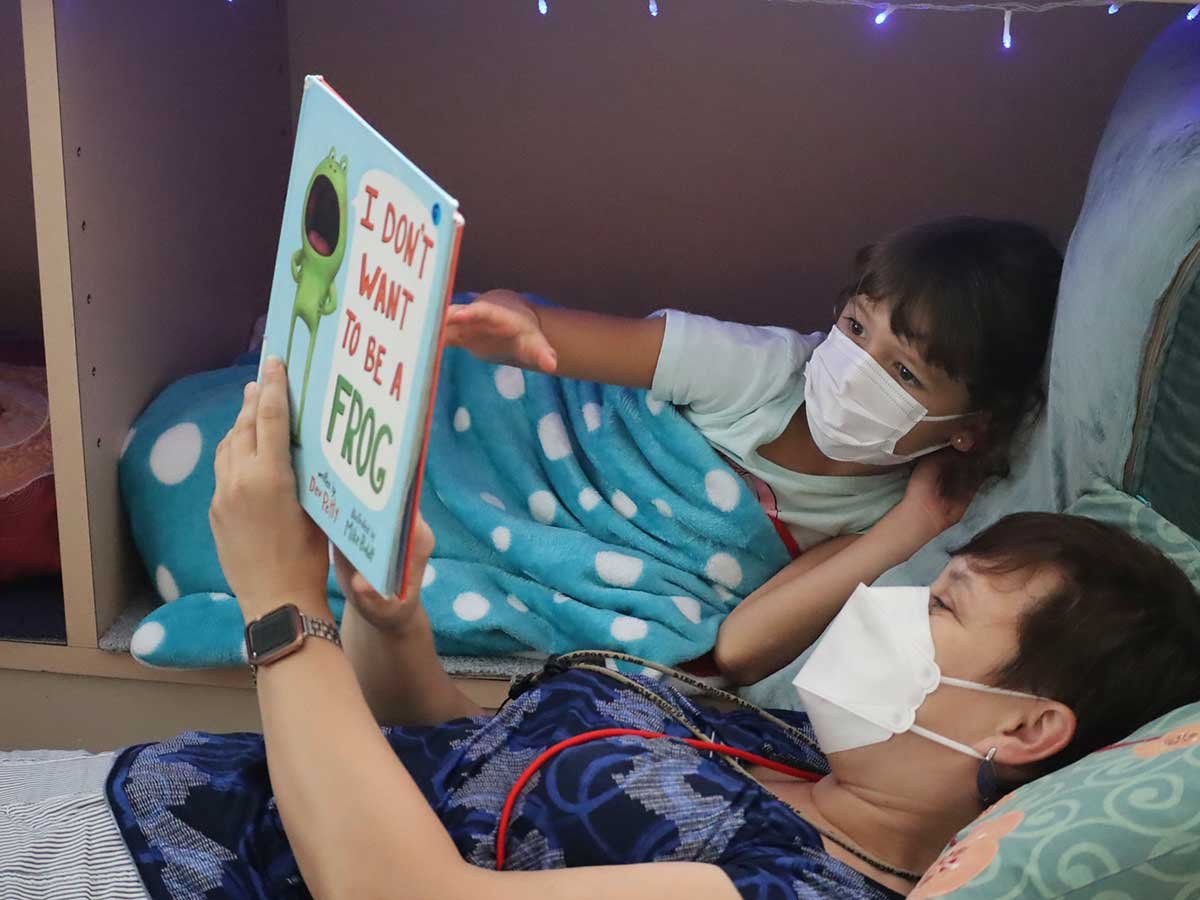
There is no denying the importance of the English language in our increasingly globalized world. By choosing a school that uses English as the language of instruction, students are equipped with both the knowledge they need to thrive in our rapidly changing world, as well as the confidence to share their thoughts and ideas with others on a much larger scale.
When it comes to early language development, children in preschool are at a highly transformative age where their brains are developing rapidly; they’re curious and open to learning new things, making language learning in early childhood highly attainable.
Enrolling in an international preschool is a great option if you are considering including English learning in your child's early childhood education.
Are you confused about whether to enroll your child in a Japanese school or an international school? You can learn more about how international schools are an innovative alternative to Japanese schools here.
日本語ブログ- 幼児期からの英語教育のすすめ
What are the benefits of second language development from a young age?
Learning a second language at an early age has many benefits, especially when language learning occurs organically. One of an international school's many advantages is the opportunity to be immersed in the English language.
We discuss the benefits of international education for Japanese families here.
Another key benefit of English language learning in early childhood is that by learning a different language at such a formative age, the child's brain forms new and powerful neuro-pathways which support their ability to learn many other new skills.
Research shows that the benefits of learning a second language at a young age include:
- Development of essential life skills such as multitasking
- Improved executive functioning skills
- Widened vocabulary, resulting in increased communication skills
- Improved ability to connect with multicultural peers and communities
- Improved memory and problem-solving skills
- Improved learning and academic performance
Bilingualism and multilingualism are widely sought-after skills worldwide. By encouraging learning English in early childhood, your child will develop a solid foundation to build on that will nurture future academic and career opportunities.
Language learning in early childhood within a multicultural environment imparts children the desire for multicultural knowledge. Learning side by side with peers from different parts of the world exposes them to global perspectives and incorporates international mindedness into their development.
Teaching English as an Additional Language
Early childhood education in preschool is an important and exciting period in a child’s development. During this time, children are becoming more independent and nurturing their natural, creative enthusiasm for learning while rapidly developing skills like social relationships, communication, literacy, numeracy, and fine and gross motor skills.
At many international schools, teachers in early childhood education work with children to co-construct their learning and utilize teachable moments that emerge from an inquiry-based program. For a school that adopts a play-based learning approach, children are given the space to explore, discover, develop theories, test them out and come to new understandings.
In this environment, teachers interact with children individually and in small/whole group sessions, which encourages the development of language skills in context to what is being studied. Within this approach, language learning is more meaningful and relevant to the development of each child.
International schools establish a child-centred, literacy-rich environment that encourages children to explore and interact with materials to support their language development independently and in small groups.
We discuss the characteristics that determine an international school as the best and why parents choose NIS here.
Play-based learning is also one of the best ways young children learn about themselves and the world around them. It can encourage language development in early childhood, learning how to solve problems, think critically, develop and test theories, communicate effectively, become independent and much more.
By dedicating time to play-based learning, children explore and interact with the school environment, various materials, and their school friends. This also encourages children to become confident in speaking an additional language while making critical connections to the world around them.


